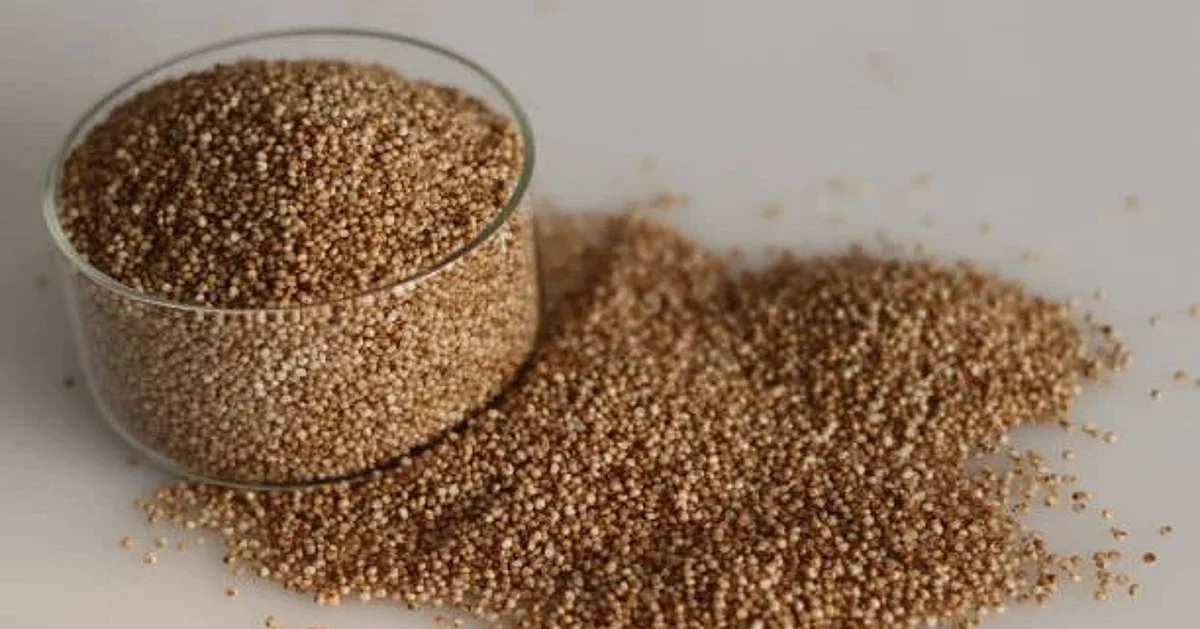Health
ICMR Report Reveals Dietary Changes to Combat Non-Communicable Diseases

A recent report by the Indian Council of Medical Research (ICMR) outlines effective dietary adjustments to combat non-communicable diseases such as obesity, hypertension, and diabetes. The study emphasizes the importance of reducing carbohydrate intake by five percent and substituting it with protein. This approach could significantly improve health outcomes for many individuals.
The comprehensive report, titled ‘Dietary Profiles and Associated Metabolic Risk in India,’ highlights findings from a nationwide study. It challenges prevailing beliefs regarding the health benefits of wheat over rice, showing that individuals consuming both grains experience similar impacts on obesity and diabetes. The study indicates that rice consumption remains prevalent, particularly in the South, East, and Northeast regions, while wheat is more common in the North and Central areas.
Insights on Protein and Sugar Intake
According to the ICMR report, India’s overall protein intake is alarmingly low, averaging only 12 percent of daily caloric intake. The report notes that in the Northeast, protein consumption is slightly higher at 14 percent, with nine percent derived from plant-based sources. Experts recommend increasing protein intake through plant sources and eggs while minimizing red meat consumption to enhance dietary quality.
Dr. Mohan, Chairman of the Madras Diabetes Research Foundation and author of the report, expressed concerns about the negative effects of excessive protein consumption on kidney health. He noted, “Polishing of rice and wheat has made them less nutritious. All the nutrients and fiber are gone. The rice we consume today is primarily starch.”
Moreover, the report identifies high sugar intake, particularly from added sugars, as a significant contributor to obesity. Alarmingly, twenty-one states and Union Territories in India exceed the recommended limit of less than five percent of daily calories from sugar. This excessive consumption, combined with a sedentary lifestyle, has exacerbated the prevalence of non-communicable diseases across the country.
Regional Variations and Recommendations
The study also provides insights into regional dietary patterns. For instance, Karnataka has emerged as the leading state in millet consumption. The introduction of eight new high-yielding millet varieties by Agro University in Dharwad aims to promote this nutritious grain, which could play a crucial role in diversifying diets and improving health outcomes.
As the ICMR report indicates, the challenge remains in addressing both dietary habits and lifestyle choices to reduce the burden of non-communicable diseases in India. The recommendations encourage a shift towards healthier eating habits, emphasizing the importance of balancing carbohydrate intake with increased protein and limiting added sugars.
The findings from this report serve as a critical reminder of the vital role nutrition plays in public health, urging both individuals and policymakers to take action against the rising tide of lifestyle-related health issues.
-

 World5 months ago
World5 months agoSBI Announces QIP Floor Price at ₹811.05 Per Share
-

 Lifestyle5 months ago
Lifestyle5 months agoCept Unveils ₹3.1 Crore Urban Mobility Plan for Sustainable Growth
-

 Science4 months ago
Science4 months agoNew Blood Group Discovered in South Indian Woman at Rotary Centre
-

 World5 months ago
World5 months agoTorrential Rains Cause Flash Flooding in New York and New Jersey
-

 Top Stories5 months ago
Top Stories5 months agoKonkani Cultural Organisation to Host Pearl Jubilee in Abu Dhabi
-

 Sports4 months ago
Sports4 months agoBroad Advocates for Bowling Change Ahead of Final Test Against India
-

 Science5 months ago
Science5 months agoNothing Headphone 1 Review: A Bold Contender in Audio Design
-

 Top Stories5 months ago
Top Stories5 months agoAir India Crash Investigation Highlights Boeing Fuel Switch Concerns
-

 Business5 months ago
Business5 months agoIndian Stock Market Rebounds: Sensex and Nifty Rise After Four-Day Decline
-

 Sports4 months ago
Sports4 months agoCristian Totti Retires at 19: Pressure of Fame Takes Toll
-

 Politics5 months ago
Politics5 months agoAbandoned Doberman Finds New Home After Journey to Prague
-

 Top Stories5 months ago
Top Stories5 months agoPatna Bank Manager Abhishek Varun Found Dead in Well









